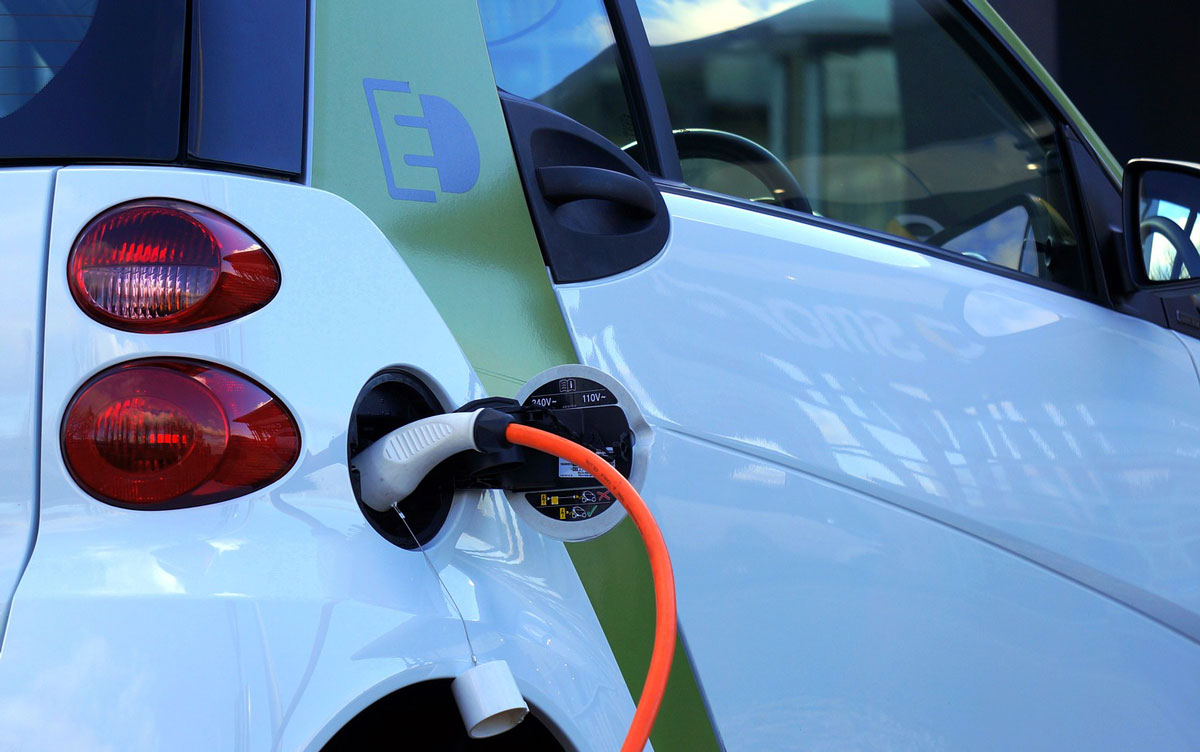Battery research to help super-charge electric vehicle revolution
The University of Bath is part of a consortium of academic and industry partners awarded Government funding to conduct research aimed at overcoming battery challenges to accelerate the electric vehicle (EV) revolution.
With 200,000 electric vehicles set to be on UK roads by the end of 2018 and worldwide sales growing by 45 per cent in 2016, there is an urgent need to increase the efficiency of energy storage.
The work at Bath is part of a Multi-Scale Modelling project that aims to develop new computational tools to understand and predict battery performance by connecting understanding of battery materials at the atomic level all the way up to a battery pack.
The ambitious project is aiming to improve battery technology to extend battery lifetime and performance
If successful, this research will put the UK on the map as being at the forefront of battery technology worldwide. It has the potential to radically increase the speed with which we are able to make the move to electric vehicles, as well as the speed with which we can decarbonize our energy supply, with obvious benefits to the environment.
Professor of Materials Chemistry Saiful Islam and Royal Society University Research Fellow Dr Benjamin Morgan, both from the University of Bath’s Department of Chemistry and the CSCT, are leading the research at Bath.
Professor Islam said: “The lithium-ion battery has transformed portable electronics and now has a crucial role in electric vehicles to cut carbon emissions.
“It’s very exciting to be part of this large multidisciplinary effort on lithium batteries encompassing the new Faraday Institution.
“The ambitious goal of the multi-scale modelling project is to create accurate models that the automotive industry can use to extend battery lifetime and performance.”






Comments are closed here.